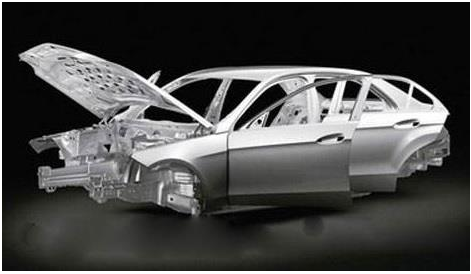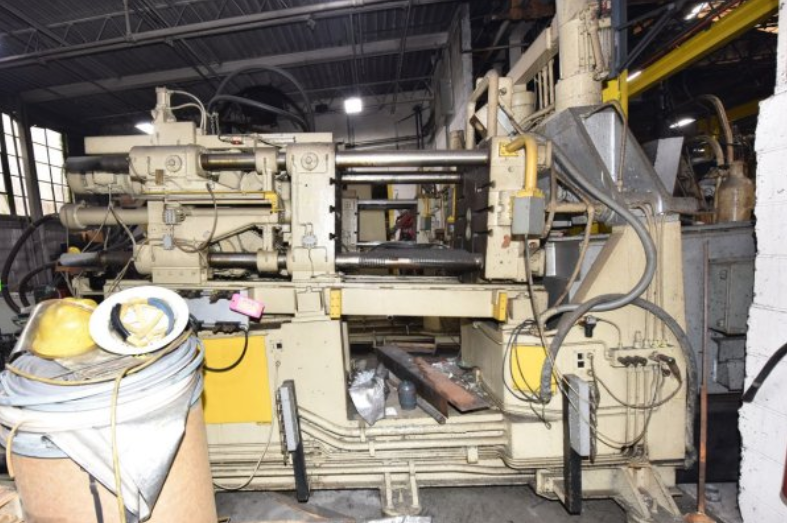Introduction:
Aluminum casting molds play a crucial role in the manufacturing industry, enabling the production of high-quality and precise aluminum parts and products. These molds are meticulously crafted to ensure that the final output meets the desired specifications and standards. In this article, we will delve into the process of aluminum casting, the importance of quality molds, and the techniques used to achieve precision in mold making.
The Aluminum Casting Process:
Aluminum casting is a widely used manufacturing process that involves pouring molten aluminum into a mold cavity to create a desired shape. This process offers numerous advantages such as the ability to produce complex shapes, high production rates, and the versatility to work with various aluminum alloys. However, the success of aluminum casting heavily relies on the quality and precision of the molds used.
Importance of Quality Molds:
Quality molds are essential for achieving consistent and accurate results in aluminum casting. They serve as a template for creating the desired shape, ensuring that each casted part meets the required specifications. A well-crafted mold eliminates common casting defects such as shrinkage, porosity, and dimensional inaccuracies. Moreover, it plays a vital role in determining the overall quality and strength of the final product.
Crafting Precision Molds:
Crafting precision molds for aluminum casting requires a combination of expertise, experience, and advanced techniques. Let\’s explore some of the key techniques employed by mold makers to achieve accuracy and precision.
1. Computer-Aided Design (CAD):
CAD software allows mold makers to design intricate and complex mold structures with utmost precision. It enables them to create a virtual representation of the mold and simulate the casting process, identifying potential issues before the actual production begins. CAD not only enhances the accuracy of the mold design but also reduces the time and cost involved in the manufacturing process.
2. Prototyping and Testing:
Before proceeding with the actual mold production, prototyping and testing are crucial steps to ensure that the design meets the desired specifications. Prototypes are created using various techniques like 3D printing or CNC machining, allowing mold makers to evaluate the shape, dimensions, and functionality of the mold before mass production. This iterative process saves time and resources, ensuring that the final mold is accurate and precise.
3. Machining and Finishing:
Once the mold design is finalized, the next step is to convert it into a physical mold. This is achieved through machining processes where specialized equipment and tools are used to carve the mold cavity into a block of steel or other suitable materials. Precision machining ensures that the mold dimensions are exact and that the surface finish is suitable for the casting process. Finishing techniques like polishing and coating may also be employed to enhance the mold’s durability and performance.

4. Heat Treatment:
Heat treatment is an important step in ensuring the longevity and resilience of aluminum casting molds. The mold is subjected to controlled heating and cooling processes to improve its hardness, strength, and resistance to wear and tear. Heat treatment also helps eliminate any residual stresses that might have developed during the manufacturing process, further enhancing the mold\’s performance and longevity.
Conclusion:
Aluminum casting molds are the backbone of the aluminum casting process, allowing manufacturers to create high-quality and precise aluminum parts and products. The craftsmanship and precision involved in mold making are vital for ensuring consistent and accurate results. By employing advanced techniques such as CAD, prototyping, precision machining, finishing, and heat treatment, mold makers can create molds that meet the stringent standards of the manufacturing industry. In the ever-evolving world of manufacturing, the importance of quality and precision in aluminum casting molds cannot be overstated.
-

- Մագնեզիումի համաձուլվածքի թիքսոմոլդինգ ձուլման անօդաչու թռչող սարքերի մասեր
-

- Պատվերով պատրաստված մետաղական մասեր Macbook միջին տախտակ արտադրված
-

- Magnesium Aluminium alloy die casting parts Chain cover for automotive
-

- CNC մշակված մասեր Ղեկի բրա
-

- Մագնեզիումի թիքսոմոլդինգի մասեր UAV պատյան
-

- Էլեկտրոնային հեծանիվների ինտեգրված շրջանակի համար հարմարեցված ձուլման արտադրանքներ բարձր ճշգրտության ձուլման մասեր

 0086-750-5616188
0086-750-5616188 +86 13392089688
+86 13392089688 sales@zhongmei-tech.com
sales@zhongmei-tech.com







